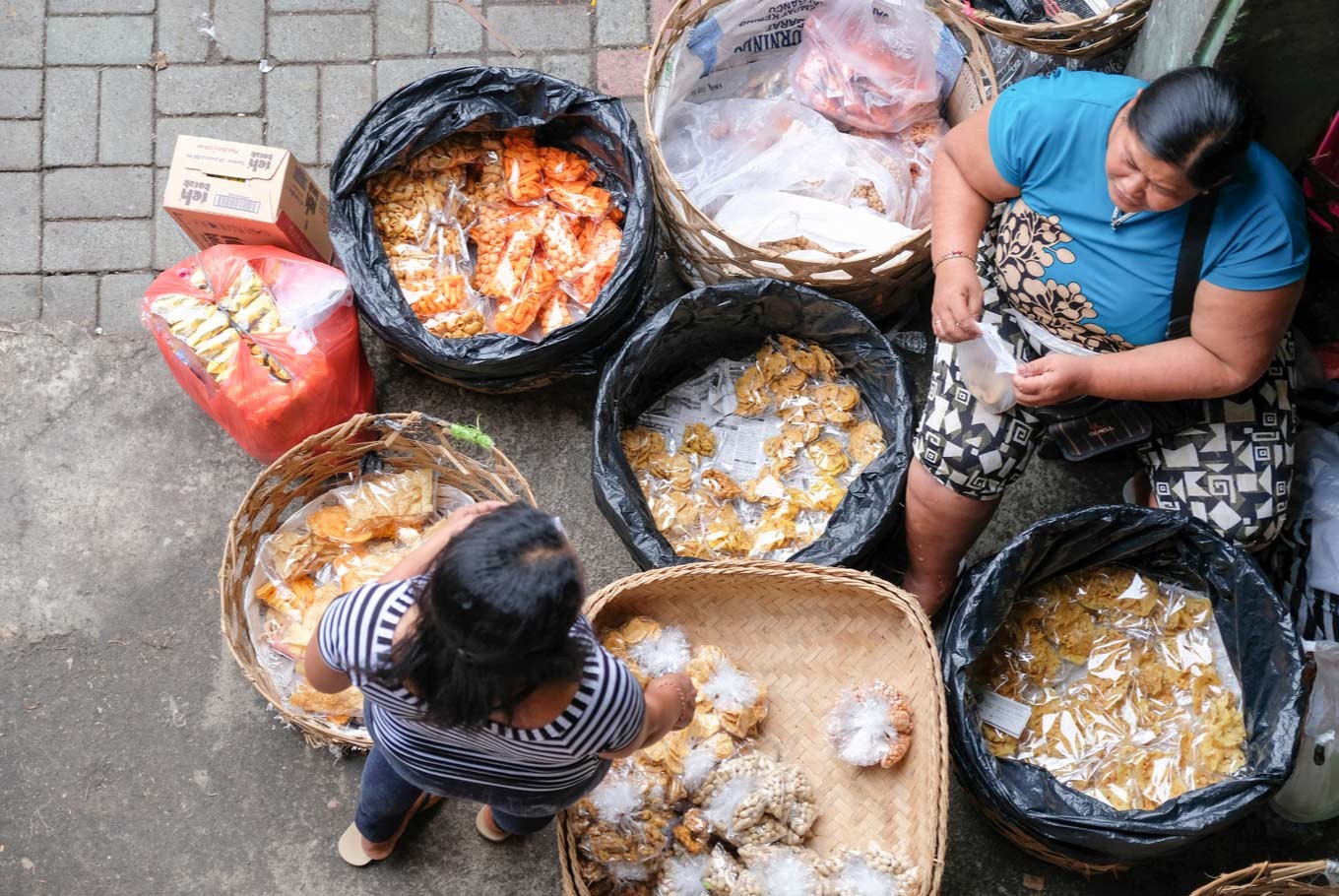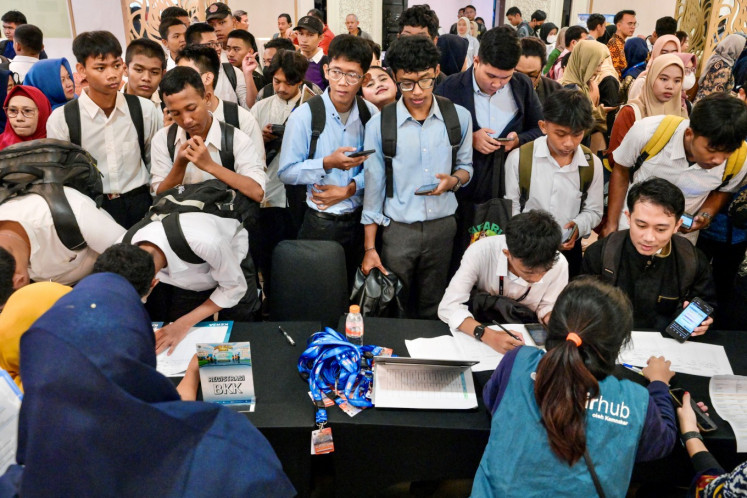Popular Reads
Top Results
Can't find what you're looking for?
View all search resultsPopular Reads
Top Results
Can't find what you're looking for?
View all search resultsWhen Indonesia loses WTO appeal
The government should have made the necessary corrective measures to remove the non-tariff barriers.
Change text size
Gift Premium Articles
to Anyone
D
ispute settlements are supposed to be the central pillar of a multilateral trading system and the Geneva-based World Trade Organization’s (WTO) great contribution to the stability of the global economy, notably international trade. Without a means of settling disputes, the rules-based system would be less effective because the rules could not be enforced.
The WTO’s procedure underscores the rule of law, and it makes the trading system more secure and predictable. The system is based on clearly defined rules, with timetables for completing a case. First rulings are made by a panel and endorsed (or rejected) by the WTO’s full membership. Appeals based on points of law are possible and decisions by the WTO Appellate Body are supposed to be final and binding.
So when Indonesia lost an appeal ruling at the WTO last November in a dispute with the United States and New Zealand over its trade restrictions of food, horticulture and animal products, the government should have made the necessary corrective measures to remove the non-tariff barriers.
But the US filing at the WTO last week asking for the multilateral body’s approval to impose US$350 million worth of sanctions on Indonesia could mean two things. Either the government has not made the necessary corrective measures or made only cosmetic reforms that the US believes do not fully conform to the WTO’s 2017 November ruling.
Since the government has issued so many restrictive trade measures to protect the agriculture sector, the Trade Ministry should look deeper into the issue. We should magnanimously acknowledge that, in an overzealous bid to help our farmers gain better earnings and to achieve self-sufficiency in basic food commodities, the government sometimes resorted to a wide variety of non-tariff measures or even punitive tariffs.
Import controls through quotas are also vulnerable to corrupt practices and to smuggling, in view of the country’s porous coastal areas. Imports of such commodities as rice, horticulture, sugar and dairy products have always been sensitive issues. Import licenses for these commodities are issued by the Trade Ministry but on the basis of recommendations from the Agriculture Ministry, which in turn depends on production and consumption data — which are often not reliable.
Since imports of basic staples are restricted only to companies with special import licenses, this business usually generates very high margins. It’s no wonder that the import licensing system, including the process of getting recommendations from the Agriculture Ministry, has always been a source of corruption. In fact, several senior officials and politicians in charge of import licensing have been convicted for corruption.
Such protectionist policies also often come as a huge blow to businesses that over the years have relied greatly on imported materials, such as restaurants that cater to foreign tourists. And as tourism has been one of the most promising industries to develop in the world’s largest archipelagic country, we will be increasingly engaged with international communities with their need for a wide variety of food.










